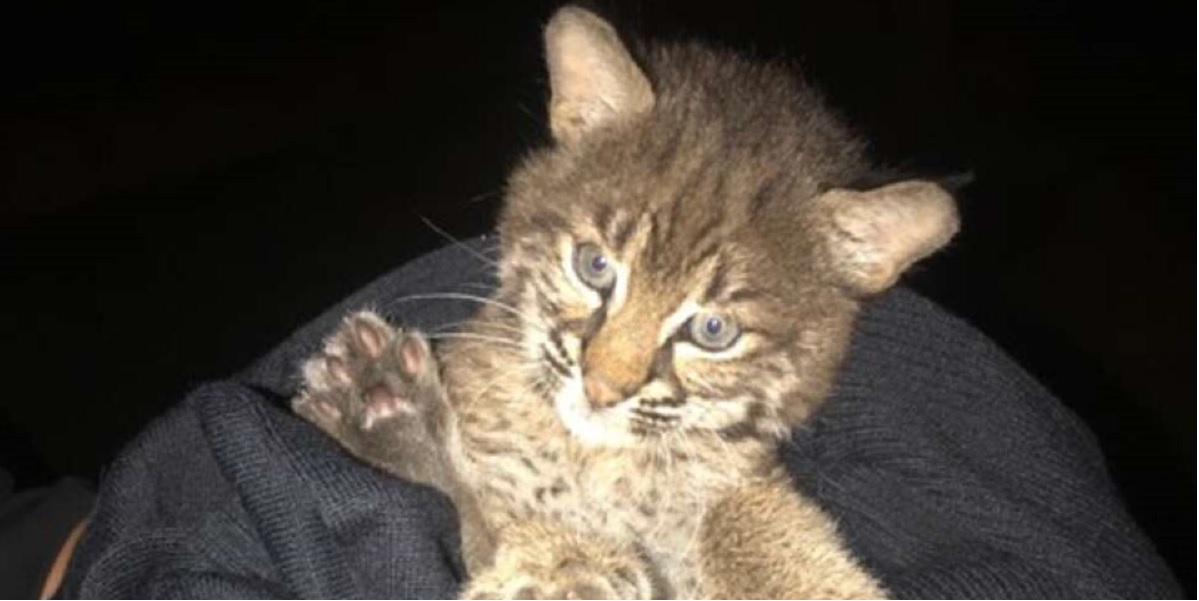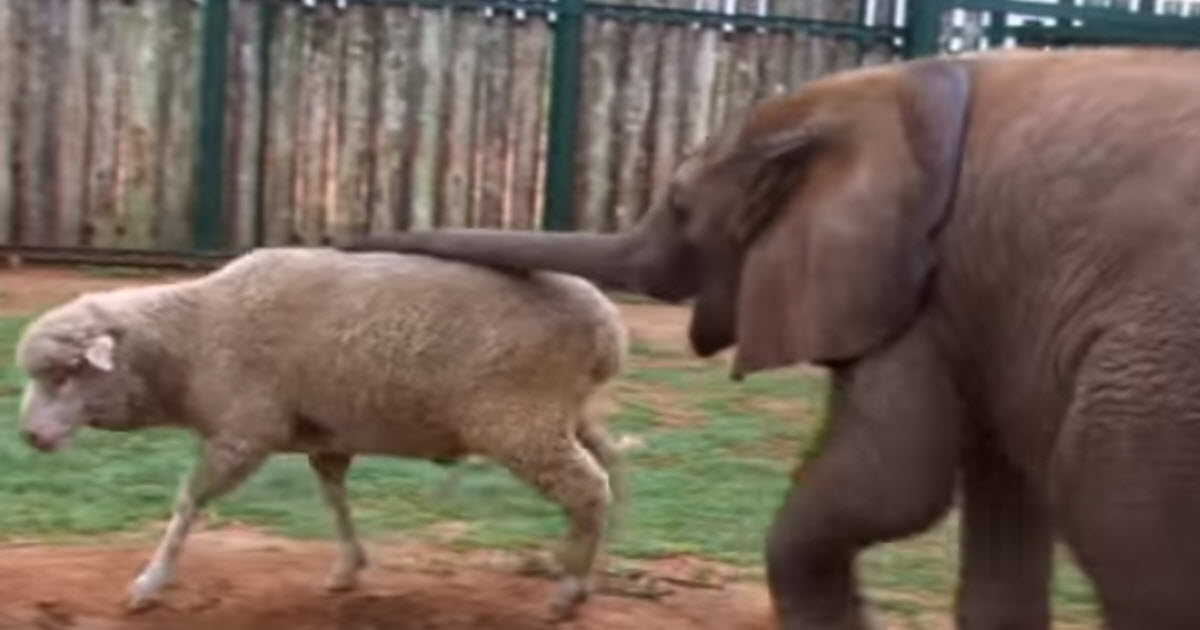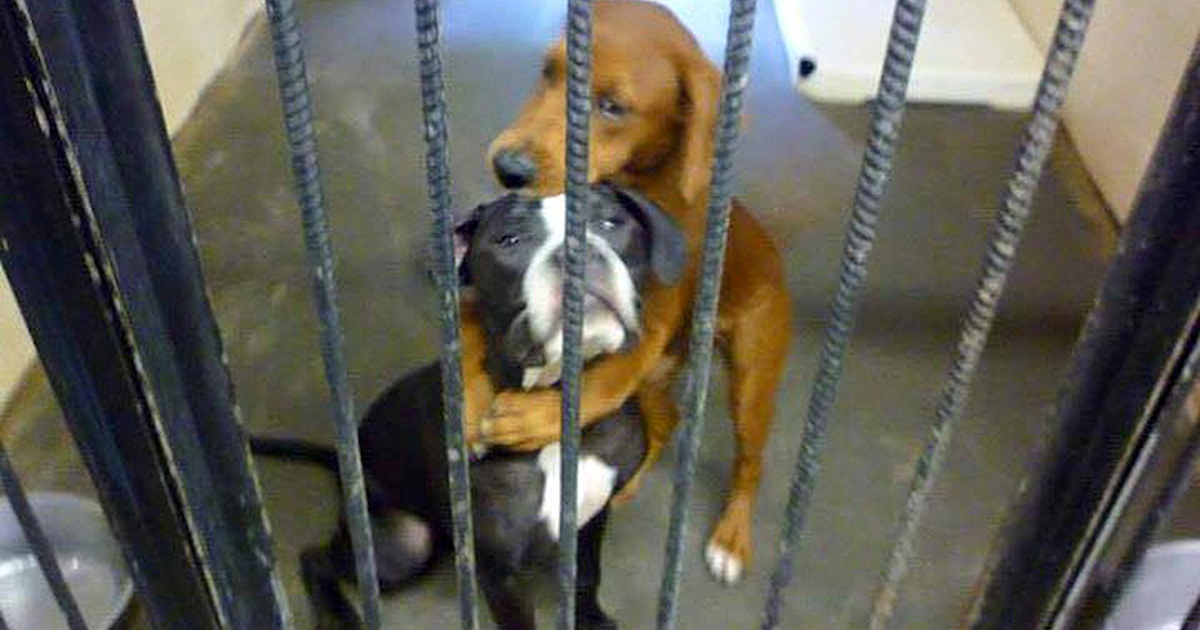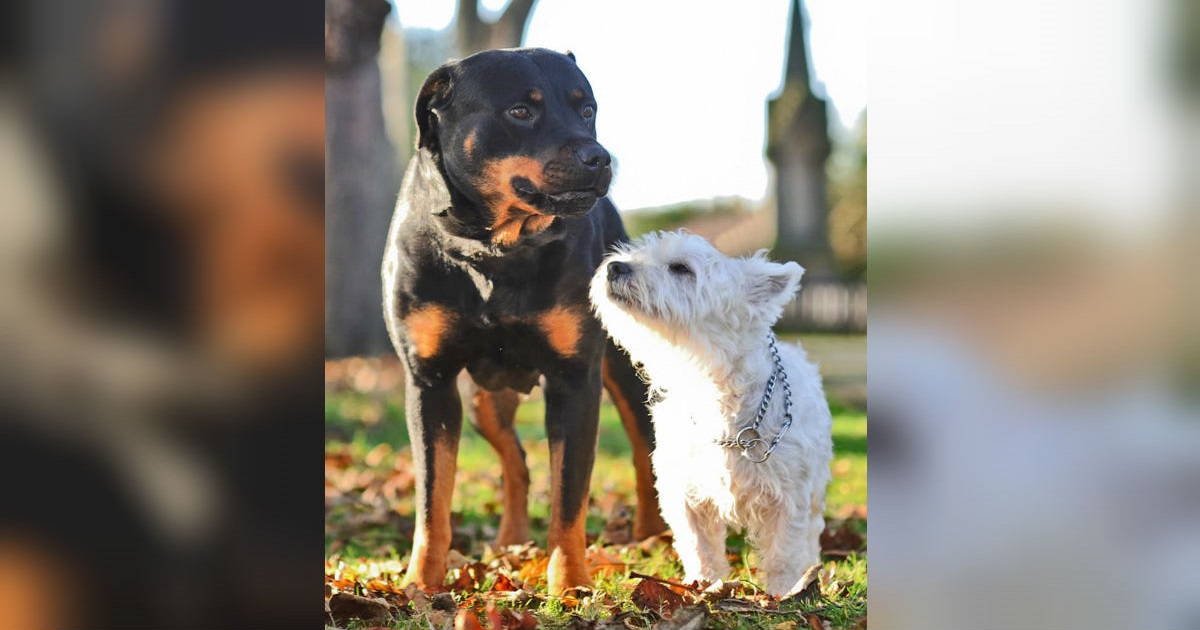As a bird owner, I’m constantly learning about the dos and don’ts when it comes to my feathered friend’s diet. One common question that often arises is whether birds can eat chocolate. The short answer is no, birds should not be given chocolate as it can be extremely harmful to them. In this detailed guide, I’ll explain why chocolate is toxic to birds and provide safe alternatives for their dietary needs.
Can Birds Eat Chocolate? No, Do not feed your bird chocolate.
- Chocolate is toxic to birds due to the presence of theobromine and caffeine.
- Even a small amount of chocolate can cause vomiting, diarrhea, seizures, and death in birds.
- Providing safe dietary alternatives such as fruits, vegetables, seeds, and nuts is essential for a bird’s well-being.
- If a bird accidentally ingests chocolate, immediate veterinary care should be sought.
- Emotional support is important for birds after traumatic events like chocolate ingestion.
The Dangers of Chocolate for Birds
Chocolate can be extremely harmful to birds due to its toxic effects. Theobromine and caffeine, two compounds found in chocolate, can have detrimental effects on a bird’s health. Theobromine can lead to hyperactivity, increased heart rate, tremors, and even cardiac arrest in birds. Dark chocolate contains higher amounts of theobromine and poses a greater danger to our feathered friends. Additionally, chocolate may also contain artificial sweeteners, which are toxic to birds.
Symptoms of chocolate poisoning in birds can vary but may include digestive upset, seizures, vomiting, tremors, and an increased heart rate. It’s essential for bird owners to be aware of these dangers and take precautions to ensure their birds do not come into contact with chocolate. Even a small amount of chocolate can have severe consequences for our avian companions.
To protect our birds from the harmful effects of chocolate, it is crucial to ensure they are provided with a safe and healthy diet. Birds should be offered a balanced diet that includes fruits, vegetables, seeds, and nuts. Some safe options for treats include apples, bananas, pears, sunflower seeds, millet, and almonds. However, it’s important to remember that portion control is crucial, as overfeeding can lead to health issues as well. It’s paramount to avoid feeding birds chocolate and other unsafe foods such as onions and avocados.
If a bird accidentally ingests chocolate, it is crucial to take immediate action and seek guidance from an avian veterinarian. The vet may induce vomiting or administer activated charcoal to absorb the toxins. Depending on the amount of chocolate ingested, long-term care and monitoring may be necessary. It’s also essential to take preventive measures to keep chocolate and other toxic foods out of reach of birds to avoid any potential accidents in the future.
Safe Dietary Alternatives for Birds
When it comes to keeping our feathered friends healthy, it’s vital to understand which foods are safe for them to consume. While chocolate may be a delicious treat for us, it is actually toxic to birds due to its theobromine and caffeine content. Fortunately, there are plenty of bird-friendly alternatives that you can offer to ensure your avian companion’s nutritional needs are met.
Fruits and vegetables:
Adding a variety of fruits and vegetables to your bird’s diet can provide them with essential vitamins and minerals. Apples, bananas, and pears are excellent fruit options that are both tasty and safe for birds to enjoy. Leafy greens like spinach and kale are also recommended. Just be sure to rinse any fruits and vegetables thoroughly to remove any pesticides or harmful residues.
Seeds and nuts:
Seeds and nuts are another great addition to a bird’s diet. Sunflower seeds and millet are popular choices that provide birds with healthy fats and protein. Almonds can also be given in moderation as a tasty and nutritious treat. Remember to offer these in appropriate portion sizes to avoid overfeeding and potential weight gain.
Store-bought bird treats:
If you’re looking for convenient options, there are bird treats available in pet stores that are specifically formulated to meet the nutritional needs of birds. These treats often come in the form of seed bars or pellets, making them easy to offer as a snack. Just be sure to check the ingredients to ensure they are free from chocolate or any other harmful substances.
By providing your feathered friend with a well-rounded diet of safe foods, you can help ensure their overall health and happiness. Remember, it’s best to avoid feeding birds chocolate and other toxic foods, including onions and avocados. When in doubt, consult with a veterinarian who specializes in avian care for personalized dietary recommendations.
Caring for a Bird After Chocolate Ingestion
If your bird accidentally ingests chocolate, it’s crucial to take immediate action to ensure their well-being. The first step is to contact an avian veterinarian for guidance. They will provide expert advice on the necessary steps to mitigate the potential harm caused by chocolate ingestion. It’s essential not to delay seeking professional help, as time is of the essence in these situations.
Upon consulting with the veterinarian, they may recommend inducing vomiting to remove the chocolate from the bird’s system. Alternatively, they might administer activated charcoal, which helps absorb the toxins. The specific treatment will depend on several factors, including the amount of chocolate ingested and the bird’s overall health.
After the initial intervention, your bird will likely require long-term care and monitoring. The veterinarian will guide you on the necessary steps to ensure a full recovery. It’s important to provide a calm and stress-free environment for your feathered friend during this period. Be vigilant for any changes in behavior or symptoms and communicate them to the veterinarian promptly.
Preventive Measures to Keep Your Bird Safe
Prevention is always better than a cure when it comes to chocolate and other harmful foods for birds. To keep your bird safe, it’s vital to take preventive measures and ensure that chocolate is kept out of their reach. Store chocolate and any other toxic foods securely in cabinets or high shelves. Additionally, be cautious when consuming chocolate around your bird, as accidental spills or crumbs could pose a risk.
It’s also crucial to educate yourself about other foods that may be harmful to birds. Onions and avocados, for example, should be strictly avoided as they can cause serious health issues. By familiarizing yourself with a comprehensive list of safe and unsafe foods, you can ensure that your bird’s diet is free from potential dangers.
Providing a safe and nurturing environment for your bird is paramount. By taking proactive measures and seeking immediate veterinary care when necessary, you can minimize the risks associated with chocolate ingestion and ensure the well-being of your beloved feathered companion.
Emotional Support for Birds
When a bird experiences a traumatic event such as ingesting chocolate, it’s important to provide them with emotional support. Birds are sentient beings that can feel stress, anxiety, and fear, and they rely on their human caregivers to help them navigate through difficult situations. As a bird owner, you play a crucial role in providing comfort and reassurance to your feathered friend.
One way to provide emotional support for your bird is by spending extra time with them. Engage in activities that they enjoy, such as playing, singing, or simply being in their presence. This will help them feel safe and loved, and it can serve as a distraction from any lingering distress caused by the chocolate ingestion. Additionally, creating a calm and peaceful environment can have a positive impact on their emotional well-being.
READ: Can Birds Eat Popcorn? Discover the Answer Today!
Comfort items
Another way to provide emotional support is by offering comfort items to your bird. This can include favorite toys, cozy blankets or perches, and soothing music or sounds. These items can help create a sense of security and reduce feelings of anxiety or fear. Pay attention to your bird’s preferences and provide them with the items that bring them comfort.
If you find that your bird is struggling emotionally or if their behavior has changed significantly after ingesting chocolate, it may be beneficial to consult an avian veterinarian or an animal behaviorist. These professionals can provide guidance and develop a tailored plan to support your bird’s emotional well-being.
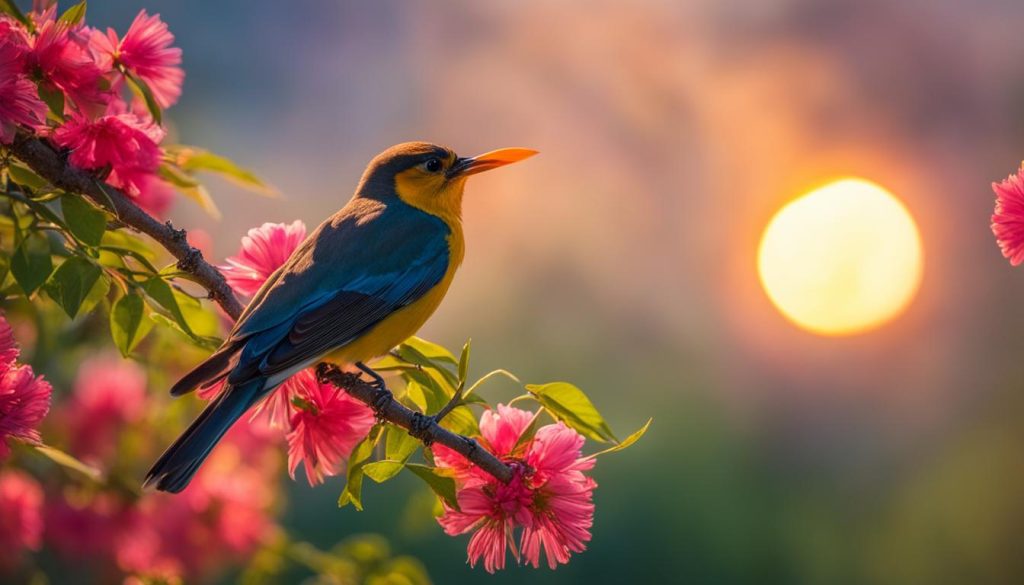
In conclusion, emotional support is crucial for birds who have experienced a traumatic event such as chocolate ingestion. Spending extra time with your bird, providing comfort items, and creating a peaceful environment can all contribute to their emotional well-being. Remember to consult a professional if you notice any concerning changes in your bird’s behavior. By offering love, care, and emotional support, you can help your feathered friend recover from the effects of the chocolate ingestion and continue to thrive.
READ: Can Birds Eat Raisins? A Friendly Guide to Bird Diet
Conclusion
In conclusion, it is crucial to understand that pet birds should not consume chocolate. Chocolate contains theobromine and caffeine, which are toxic to birds and can lead to serious health issues.
To ensure the avian health and well-being, it is essential to provide birds with a balanced diet that includes safe foods such as fruits, vegetables, seeds, and nuts. These foods offer the necessary nutrients without posing any harm to our feathered friends.
Preventive measures should be taken to keep chocolate and other unsafe foods out of reach of birds. By prioritizing their health and making informed dietary choices, bird owners can contribute to their pets’ longevity and happiness.
Keeping Your Bird Safe
When it comes to the health and well-being of our pet birds, it is our responsibility to be diligent in providing them with a safe environment and a suitable diet. Chocolate should never be offered to birds, as even a small amount can be harmful. If you suspect that your bird has ingested chocolate, it is crucial to seek immediate veterinary care to minimize the potential harm.
Frequently Asked Questions
Here are some frequently asked questions about birds and chocolate:
Can birds eat chocolate?
No, birds should not eat chocolate. Chocolate contains theobromine and caffeine, which are toxic to birds and can cause serious health issues.
What are safe alternatives to chocolate for birds?
Safe alternatives to chocolate for birds include fruits like apples, bananas, and pears, as well as seeds and nuts such as sunflower seeds, millet, and almonds. It’s important to provide a balanced and nutritious diet for your feathered friend.
What should I do if my bird accidentally eats chocolate?
If your bird accidentally ingests chocolate, it is crucial to seek immediate veterinary care. Contact an avian veterinarian for guidance, as they can provide the necessary treatment and help minimize the potential harm caused by chocolate ingestion.
Remember, it’s essential to prioritize your bird’s health and well-being by avoiding chocolate and other toxic foods.
FAQ
Can birds eat chocolate?
No, chocolate is toxic to birds due to the presence of theobromine and caffeine. It can cause vomiting, diarrhea, seizures, and even death in birds.
What are the dangers of chocolate for birds?
Chocolate contains theobromine and caffeine, which can cause hyperactivity, increased heart rate, tremors, and cardiac arrest in birds. Dark chocolate poses a greater danger due to its higher theobromine content. It can also contain artificial sweeteners that are toxic to birds.
What are safe dietary alternatives for birds?
Birds should be provided with a balanced and healthy diet that includes fruits, vegetables, seeds, and nuts. Safe options include apples, bananas, pears, sunflower seeds, millet, and almonds.
What should I do if my bird accidentally ingests chocolate?
Contact an avian veterinarian immediately for guidance. The vet may induce vomiting or administer activated charcoal to absorb the toxins. Long-term care and monitoring may be necessary.
How can I provide emotional support for my bird after chocolate ingestion?
Spend extra time with your bird and provide comfort items to help alleviate emotional distress. If needed, consult an avian veterinarian or animal behaviorist for further guidance.
Can birds have chocolate in moderation?
No, it is not safe for birds to consume any amount of chocolate due to its toxic effects.
What other foods should I avoid feeding my bird?
In addition to chocolate, birds should not be fed onions or avocados as they can also be toxic to them.
What should I do if I have more questions?
If you have any further questions or concerns, it is best to consult with an avian veterinarian who can provide expert advice specific to your bird’s needs.

